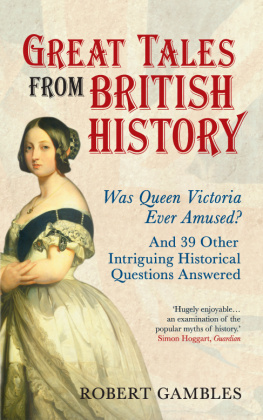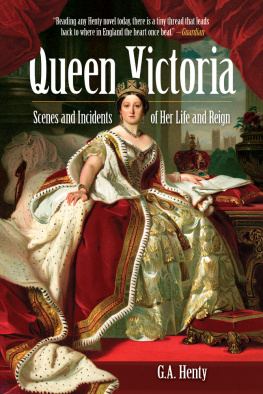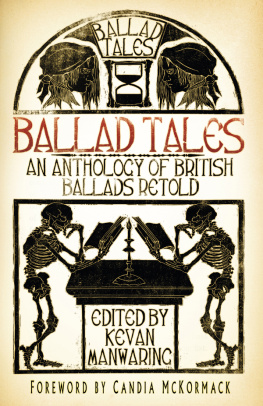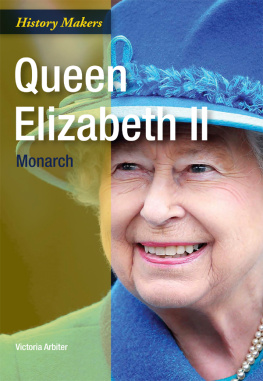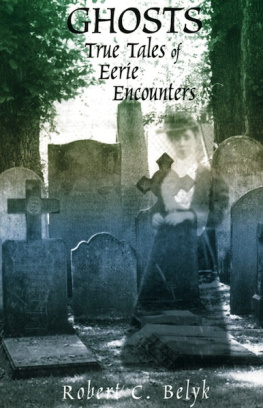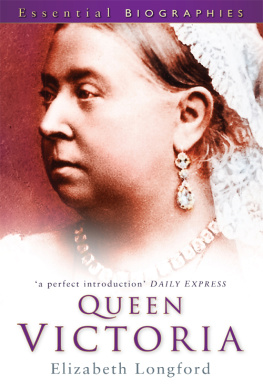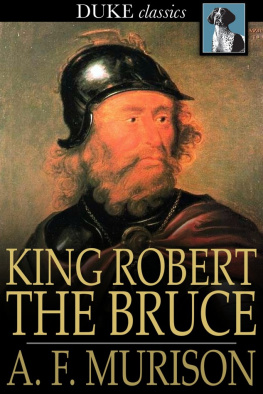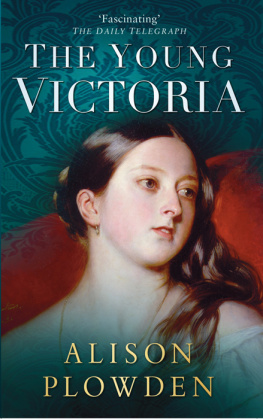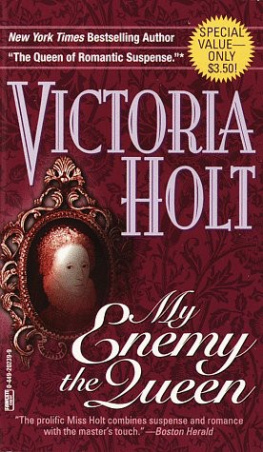For Brian, Peter and Ian
This electronic edition published 2013
Amberley Publishing
The Hill, Stroud, Gloucestershire
GL5 4EP
www.amberley-books.com
Copyright Robert Gambles 2009, 2013
ISBN 9781445613376 (PRINT)
ISBN 9781445613499 (e-BOOK)
All rights reserved. No part of this book may be reprinted or reproduced or utilised in any form or by any electronic, mechanical or other means, now known or hereafter invented, including photocopying and recording, or in any information storage or retrieval system, without the permission in writing from the Publishers.
British Library Cataloguing in Publication Data.
A catalogue record for this book is available from the British Library.
Contents
Acknowledgements
This study of historical anecdotes drawn from 2,000 years of English history is the distillation of innumerable notes and jottings compiled over several decades, during which time I have accumulated many obligations. It is with pleasure that I can acknowledge the help given by so many friends and colleagues (some of whom are no longer with us); their interest and their contributions were much appreciated. Research in more recent times by a new generation of professional historians and biographers has made possible a more accurate interpretation of many of these traditional tales it is impossible adequately to express my debt to these writers who have shed so much new light on their subject and have guided me to important and often obscure sources and here I would pay tribute to those dedicated librarians in all parts of the country who have been unfailingly helpful in providing information, books and documents not usually in great demand. In recent years, when I have been unable to visit distant libraries myself, I have been fortunate to have had assistance (and critical assessment) from my sons Brian and Peter, who have found time in busy lives to consult material in major libraries on my behalf; without their help a number of the chapters in this study could not have been written.
I also wish to acknowledge the contribution of my granddaughter Elizabeth, who so successfully produced a corrected version of this study on disc. I owe a debt of gratitude, too, to my editors Nicola Gale and Emily Brewer, whose enthusiastic support, unwavering patience and editorial expertise were invaluable at every stage.
Words now seem inadequate to express all that I owe to the loving support and critical appraisal of my late wife Hannemor, who encouraged me when the going was difficult and reminded me of unfinished business when the files began to gather dust.
Preface
We can conjure up the past in many different ways. We can imagine ourselves in another age as we wander through the ruins of a medieval abbey or castle, or stroll through the sumptuous rooms of an aristocratic mansion. We can wonder at the astonishing ingenuity of mankind in every age as we peer at displays of technological inventiveness from the stone axe to the computer; we can create works of literature and art historical dramas, films, novels, son-et-lumire productions, paintings of street scenes, landscapes and people; or we can listen to ballads, poems, songs and stories telling of the lives and real or imagined adventures of kings, queens, nobility and knights errant, or of men and women not unlike ourselves.
We can also study history analytically, engaging in detailed and scholarly research, putting every aspect of a past society and its institutions under the microscope of academic rigour. Even the well-known anecdotes of history, including those of dubious provenance, may be profitably studied in this way; some might reinforce or add colour to a historically correct perception of a particular individual or event. Others, on the contrary, may have been deliberately contrived or fabricated to conceal or distort the truth about a historical character or incident. Was Alfred the Great really so absent-minded as actually to allow the cakes to burn? Did King Cnut really believe that he could turn back the tide? Was Fair Rosamund tortured and murdered by bad Queen Eleanor? Was King John so utterly villainous as to murder his own nephew? Was Robert Bruce inspired by the perseverance of a spider? Did Francis Drake ignore the approaching Armada in order to finish a game of bowls? Did Nelson disobey his Commanders order at the Battle of Copenhagen? Was Queen Victoria never amused?
These stories have been part of the reality of history for generations of children and they were, once upon a time, among the most vivid memories of childhood. Yet for over a century, most academic historians dismissed them as no more than fictitious inventions, irrelevant to the serious business of historical studies. In his long-forgotten A History of England Before the Norman Conquest, Sir Charles Oman, commenting on the story of King Alfred and the cakes, wrote, It is useless to spend time breaking a butterfly; the quaint tale is only worth mentioning because it has achieved such a worldwide popularity.
In the 2,000 years of recorded English history there is a luminous cloud of these butterflies, all once uncritically accepted or rejected, but few were actually caught and their colourful hues examined. I have cast a net in this cloud and tried to catch just a few of these will-o-the-wisps that haunt every age of our history, and attempted to trace their origins and test their truth. Yet who breaks a butterfly upon a wheel? These intriguing tales are part of our historical heritage and, once examined, should be left free to fly: the story of Eve and the apple in the Garden of Eden will live on however many times we are reminded that no apple tree is mentioned in the Book of Genesis.
Preface to This Edition
The publication of this new edition has offered the opportunity to make a few amendments and additions to the text in the light of recent research and the greatly appreciated advice of the late Professor Patrick Collinson. The book has also been given a new and more appropriate title.
Robert Gambles
Kendal 2013
Introduction
Storys to rede ar delitabill
Suppos that thai be nocht bot fabill
[Stories are a pleasure to read even if they are no more than fables]
John Barbours opening lines to his poem Brus, celebrating the life of Robert Bruce, were echoed almost 600 years later by an elderly lady recalling, in the 1930s, memories of history lessons in her Victorian schooldays:
My English history was derived from a little book in small print that dealt with the characters of the kings at some length. I heard how one was ruthless alike to friend and foe, and how another was so weak that the sceptre fell from his nervous grasp. I seemed to see it falling. The book had no doubts or evidence or sources, but gave all the proper anecdotes about cakes, the peaches and new ale, never smiling again, the turbulent priest, and the lighted candle. I am glad that I had these at the credulous stage, and in this unhesitating form. They were much more glowing than if they had been introduced by the chilling words It is said that Not as a lesson, but for sheer pleasure, did I browse in A Childs History of Rome, a book full of good stories that spared none of the details about Regulus in the barrel, the death of Gracchus, Marius in the pond, and Sullas cold-blooded slaughters.
This was in the 1870s but almost everyone who was of primary-school age in the mid-twentieth century might also recall that, even then, all the proper anecdotes were an essential feature of history lessons. Mrs Markhams enduringly popular History may have been long superseded by Heather Marshalls

